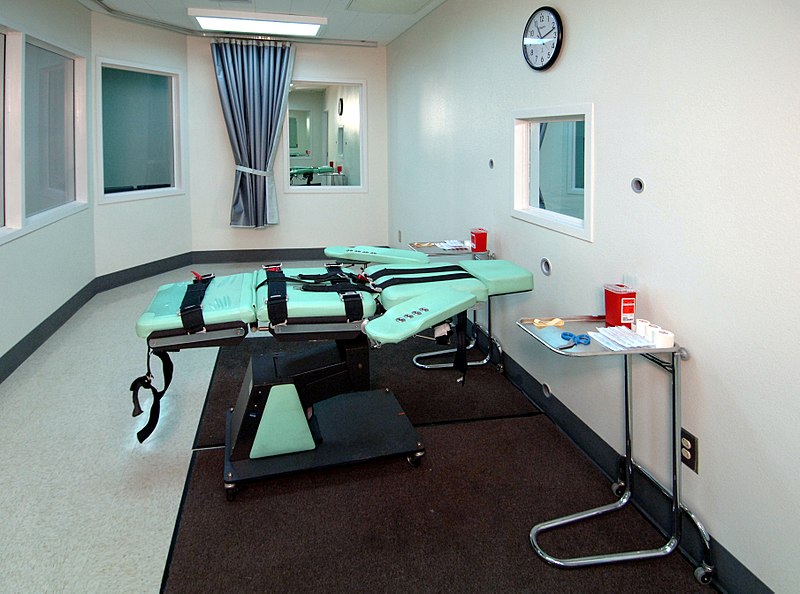
Currently there are 16 U.S. states plus Washington D.C. that do not practice capital punishment. Connecticut could become the 17th, and the fifth state in five years, to abolish the death penalty. In the last 50 years, Connecticut has only executed one inmate.
Yesterday, after ten hours of debate, Connecticut’s Senate’s voted on the matter resulting in 20-16 in favor of revoking the existing law that supports capital punishment. The next step is for the bill to be approved by the House of Representatives. It is expected that the proposed law will be approved by the mostly Democratic group of officials, reported Welsh-Huggins and Young from the Associated Press.
If the death penalty is abolished in Connecticut, the highest sentence will become life in prison without any possibility of parole, but it will not exempt the eleven prisoners who are currently serving time on death row. Two of these inmates are Joshua Komisarjevsky and Steven Hayes who were convicted of raping and murdering Jennifer Petit and her two daughters in their Cheshire home back in 2007. Dr. William Petit Jr., the only survivor of the fatal home invasion, spoke to the Senate on Wednesday to try and convince them to maintain the death penalty in Connecticut. (As part of the 2007 tragedy, Dr. Petit was beat with a baseball bat and tied up in his basement).
Gayle Slossberg, one of Connecticut’s Democratic senators discussed her aversion to the death penalty and how it was very much a public policy issue. “Does a moral society execute people? Haven’t we then become the evil we’re trying to eliminate? I want my public policy to be better than me,” said Slossberg yesterday, according to Reuters.
Americans are divided when it comes to their stance on capital punishment. “I think the debate on the issue may be nearing a tipping point in this country. I think we’re seeing momentum at the state level in the direction of waning support for the death penalty,” said the executive director of Amnesty International USA, Suzanne Nossel, as reported by The South Florida Times.
The number of executions in the United States has been on the decline. In 2011, 43 prisoners were put to death versus the most recent peak of 98 executions back in 1999, according to the Death Penalty Information Center. The center’s director, Richard Dieter, attributes this decline partially to DNA testing which has begun to clear the names of some whom were wrongfully convicted.
Whatever your stance is on the death penalty, there is no doubt that it is a public policy issue. Does this sort of discourse and legislation intrigue you? By completing a public policy degree you can debate a myriad of topics from healthcare and criminal justice to local and international affairs and prepare for a career as a policy analyst, legislative representative, lobbyist, government administrator, diplomat, researcher and more.



